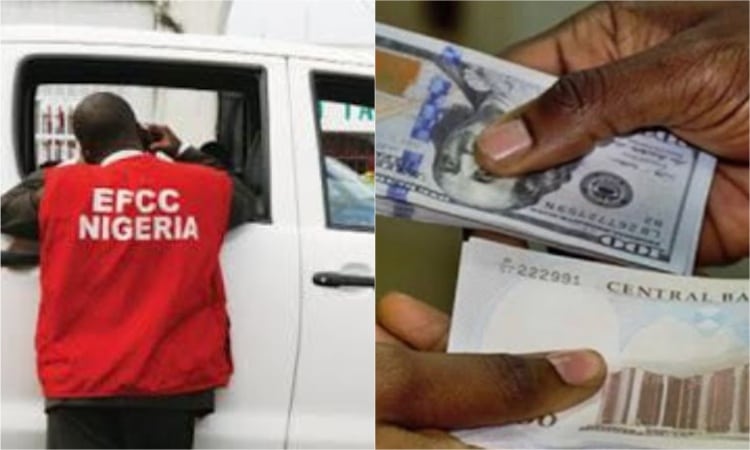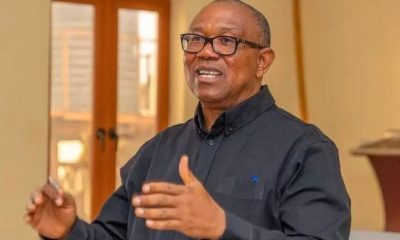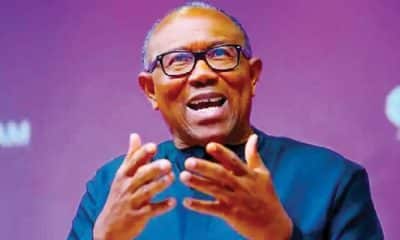Nigeria News
Naira vs Dollar: EFCC Go After Currency Speculators, Crypto Platforms

The Economic and Financial Crimes Commission (EFCC) has launched a fresh crackdown on currency speculators and cryptocurrency platforms manipulating the naira.
It was gathered that the EFCC is not only targeting Binance but also every cryptocurrency platform and individual involved in the manipulation of the Nigerian foreign exchange market.
A source within the EFCC told The PUNCH: “The EFCC is going after all currency speculators to stabilize Nigerian forex.”
Another source added, “The commission is not only going after Binance but other cryptocurrency compliance and exchanges, which has been helping to stabilize the market.”
EFCC spokesperson, Dele Oyewale, confirmed the commission’s efforts to ensure sanity in the foreign exchange market. “The commission is doing everything within the ambit of the law to ensure that there’s sanity in the Nigerian foreign exchange market,” he said.
Meanwhile, foreign exchange market analysts attribute the recent rise in the dollar against the naira to interbank moves by commercial banks.
According to money market analyst Agba Akin, “Since Wednesday, the dollar has started increasing again at BDC (Bureaux De Change). This is why. The emergency lovers of Binance are back speculating on other P2P apps. They’ll keep adding N50 every day until they take it back to 2,500, which was their initial plan, and recoup their loss. CBN (Central Bank of Nigeria), act now.”
Reacting to the development, BDC operator Yasir Arafat criticized speculative manipulation, stating, “The problem with speculative manipulation is even if CBN keeps bidding dollars to BDC at a low rate, the prevailing speculated rate will lord over the market, and you’ll be forced to sell at that price to keep afloat. CBN must crack down on all speculative platforms.”
Almustapha Muhammed, Adhoc Committee Chairman of the Association of Bureaux De Change Operators of Nigeria, clarified that the recent rise in the dollar was due to interbank rates and not BDCs.
He said: “Some people just want to put it at the BDCs. Actually, what happened was that the dollar rose from the interbank rates and not from the BDCs. BDCs are parallel markets, while the banks are connected with the Federal Government’s official rate.”
Economist Opeoluwa noted that the issue has been flagged as an “imminent danger” and is being investigated by relevant security agencies. “I am told that they (the security agency) may have to extend their hands to them, just like they did to Binance.”












